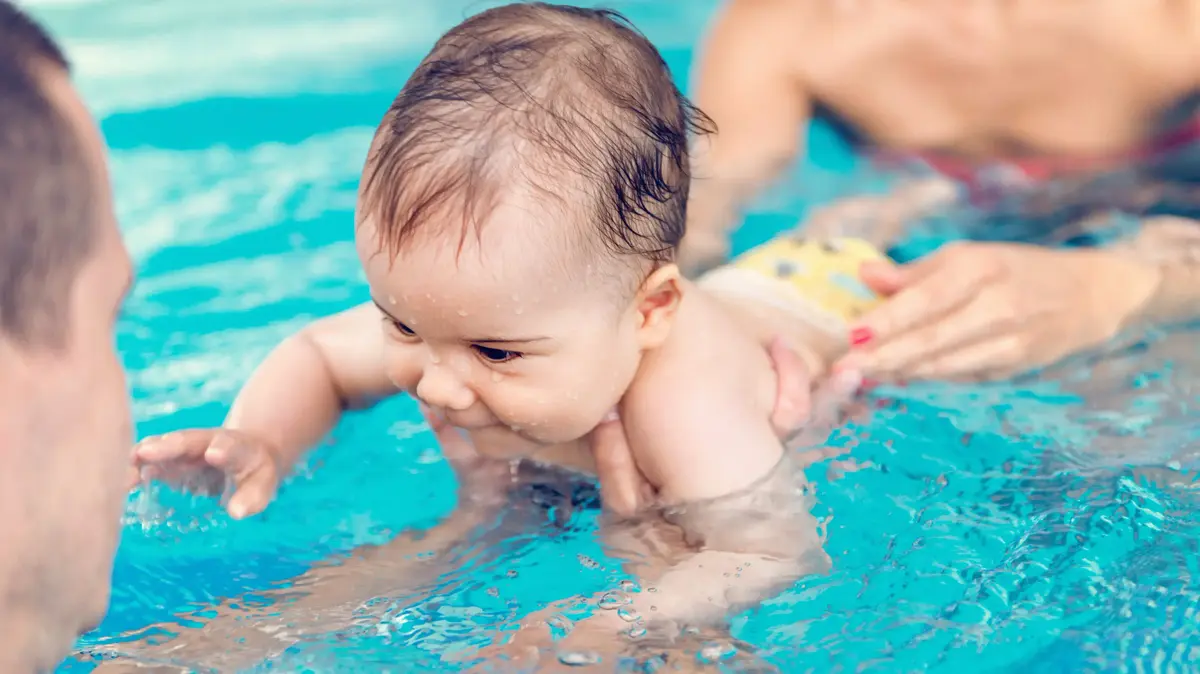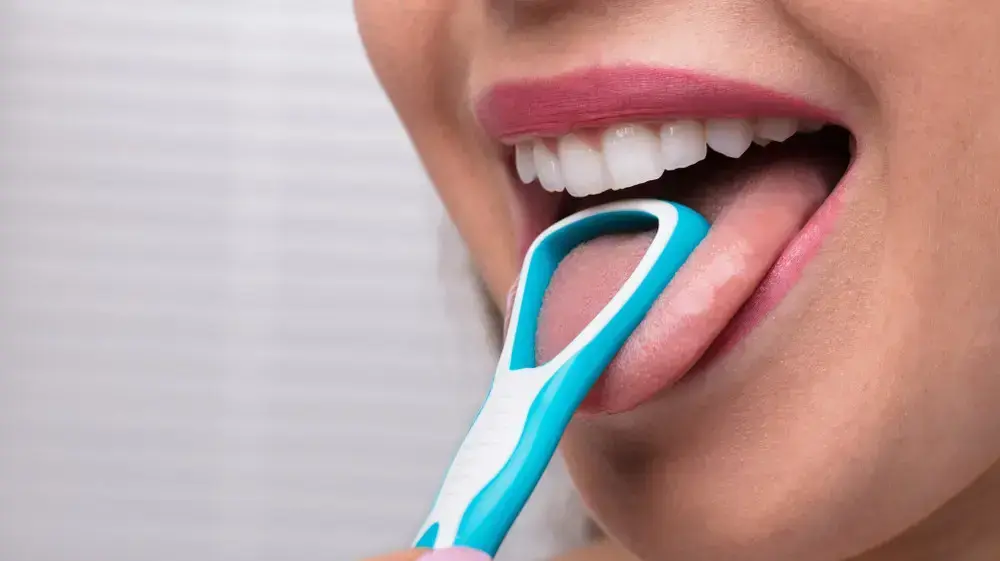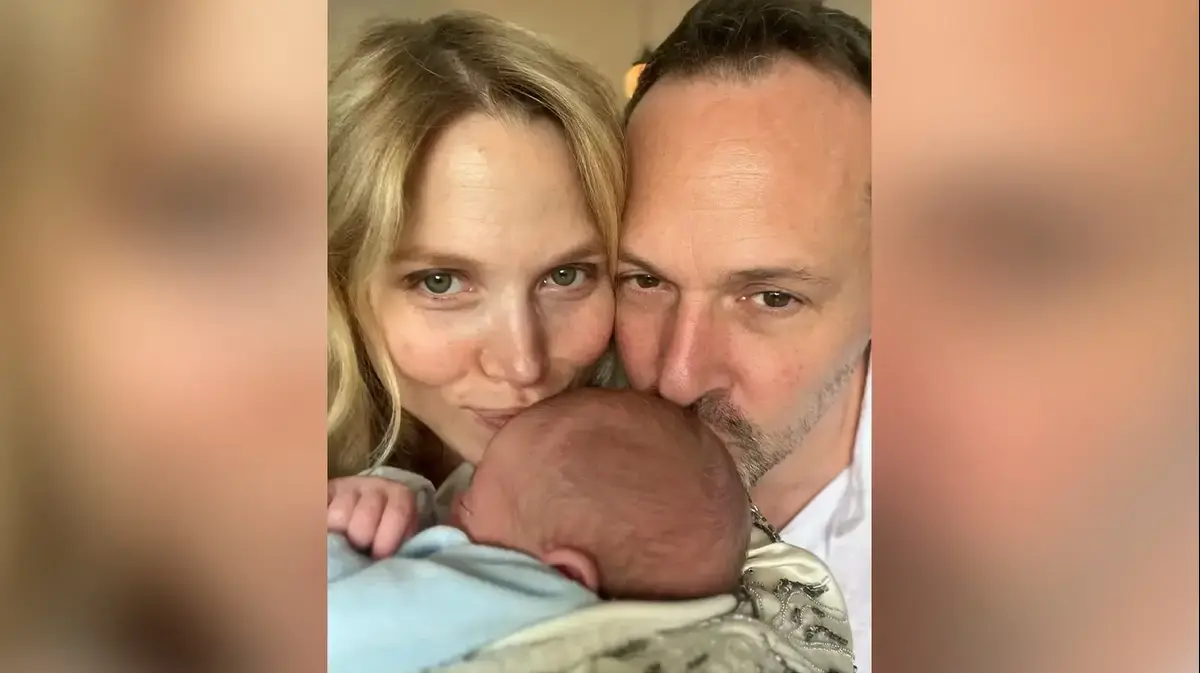Before entering the pool, we want to check that the baby feels good and relaxed (Photo: ShutterStock)
The baby's three months of age is still considered the fourth trimester, in which he actually still behaves like a fetus, just outside the womb, and this is how he should be treated. Since at this age your baby's immune system begins to strengthen as well as regulate body temperature, this is the perfect time to start baby swimming.
Danielle Sabri, a baby development and swimming instructor, explains that the baby, who grew and developed in his mother's womb, experienced deep contact from the pressure of the abdominal walls and spent all the months of pregnancy in warm water that was his home. The water of the pool, where baby swimming lessons are held, serves as a reminder of the warm and pleasant womb in which he developed and grows, envelops the boundaries of his small body and exerts hydrostatic pressure that simulates deep contact. Thus, water gives the baby a feeling of protection and security and causes muscular relaxation of the nervous system, which is difficult for him to do on his own.
Strengthening the body and improving infant swimming skills
encourages skeletal growth and strengthens the vestibular system, the movement system, the respiratory system, the digestive system, the immune system and the development of the central nervous system by processing the information and absorption that reaches it from all corners of the body from sensory, motor and emotional stimuli that happen in the pool. In addition, infant swimming has proven itself in improving mental skills such as concentration and interpersonal communication.
There is a direct link between water and the baby's motor and cognitive development. By resisting the water, the baby learns to strengthen all his muscles. Since water does not have gravity, it learns to perform its body movements correctly and this teaches it about the potential that its body can perform. Even when the baby is held in the water by the parent and is not swimming, his very presence in the water causes proper sensory regulation and the resistance of the water to the movements of his body strengthens his muscular systems - shoulder girdle, posture muscles, core muscles, strengthening the legs, performing movement separations, weight transfers, knowing the boundaries of the body, creating independence and controlling movements.
Isn't it dangerous for the baby to swallow water and choke?
Not. The baby is born with the breath-holding reflex. This is something that is embedded in it as an embryo in the womb to protect the entry of amniotic fluid into the respiratory tract. This reflex gradually disappears around the age of four months and disappears completely at the age of six months. In infant swimming lessons, this reflex is used to teach them to dive and cope with water. In this way, the baby learns to replace reflexive breathing holding with voluntary action.
Strengthening the bond between parent and baby
Swimming lessons are first and foremost an experiential and enjoyable activity. It helps build the baby's self-confidence and strengthens the bond between him and the parent. The special intimacy created in the water together with the constant eye contact leads to a connection even outside the water. In addition, the bond between parent and baby is also important from a psychological and communication perspective. A baby who knows that the parent is there for him in places other than his natural and familiar environment, such as the water, feels safe and trusts him.
How is the lesson carried out in practice?
Before entering the pool we want to check that the baby feels good and relaxed, it is recommended to set the swimming lesson times according to the baby's waking times so that he will be energetic in the water and will not accumulate fatigue.
Before exercising in the water, it is recommended to feed the baby up to an hour before the lesson, the duration of the lesson is about 30 minutes under the guidance of a professional and takes place in an intimate group.
The baby should be dressed in a reusable swimsuit, children who are not weaned will wear a swimsuit and a disposable diaper underneath.
At first the exercises will be pleasant so that the baby feels confident and enjoys the water experience, and only then will dives and more complex motor development activities be performed. If the baby resists or shows fear, do not force him. Be patient and work gradually. As you repeat activities, you will see that mastery of diving and movement skills in the water is strengthened, as well as your baby's self-confidence and independence in the water.
What about Heb HygieneRich?
Therapeutic pools defined as a business are obligated to meet the Ministry of Health standard and maintain the amount of chlorine and temperature between 32-34 degrees.
Is the baby not at risk of getting sick from being in the water?
Vice versa. It has been proven that babies who participated in swimming classes suffered less from respiratory problems and winter illnesses such as cough, runny nose, ear infections, etc. After class, wrap your baby in a towel and keep him warm and cozy out of the water until you dress him.
The water is a reminder to the baby of the warm and pleasant womb in which he developed and grew (Photo: ShutterStock)
The Jama app was established in order to provide a solution for mothers of babies between birth and age three, and to gather content, activities, tips from experts and videos that will accompany them throughout this challenging period. All the content in the app "grows" together with the baby and is precisely adapted to his developmental stages, so that mothers receive only what is relevant to them and interests them at any given moment.
The Jama app is the place for mothers in Israel to meet and meet other mothers around them, and create new and exciting friendships on this fascinating journey.
Google us: https://app.jama.co.il/
Daniel Sarantzky, in association with JAMA
- health
- New parents
Tags
- Children
- Parents




/cloudfront-eu-central-1.images.arcpublishing.com/prisa/EJM4QIP3DRFBDPKSBLVSA5YHYU.jpg)






/cloudfront-eu-central-1.images.arcpublishing.com/prisa/S7ERVSCT4FUVX6R7TUVBDNTH5Y.jpg)


